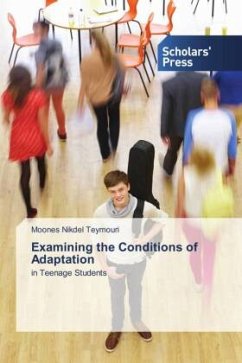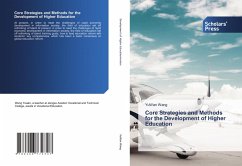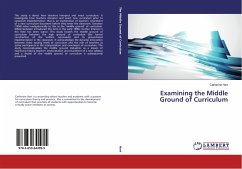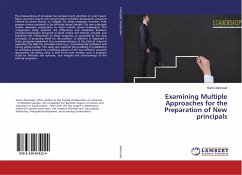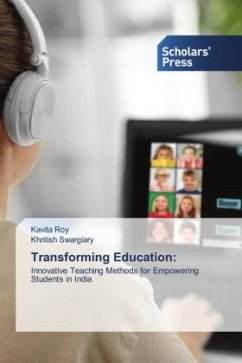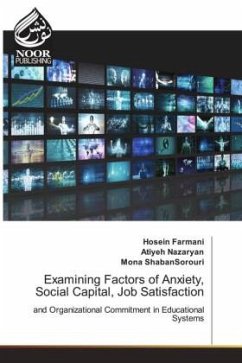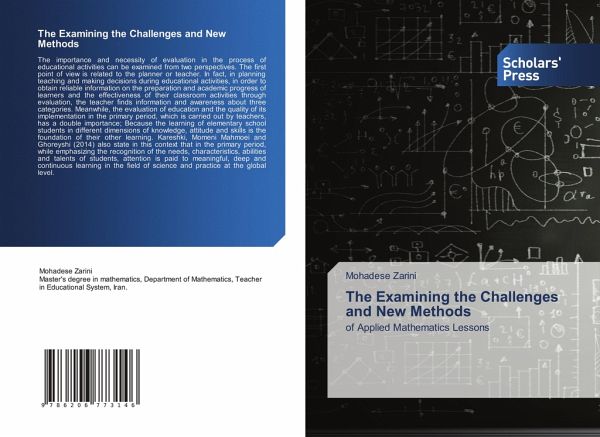
The Examining the Challenges and New Methods
of Applied Mathematics Lessons
Versandkostenfrei!
Versandfertig in 6-10 Tagen
34,99 €
inkl. MwSt.

PAYBACK Punkte
17 °P sammeln!
The importance and necessity of evaluation in the process of educational activities can be examined from two perspectives. The first point of view is related to the planner or teacher. In fact, in planning teaching and making decisions during educational activities, in order to obtain reliable information on the preparation and academic progress of learners and the effectiveness of their classroom activities through evaluation, the teacher finds information and awareness about three categories. Meanwhile, the evaluation of education and the quality of its implementation in the primary period, ...
The importance and necessity of evaluation in the process of educational activities can be examined from two perspectives. The first point of view is related to the planner or teacher. In fact, in planning teaching and making decisions during educational activities, in order to obtain reliable information on the preparation and academic progress of learners and the effectiveness of their classroom activities through evaluation, the teacher finds information and awareness about three categories. Meanwhile, the evaluation of education and the quality of its implementation in the primary period, which is carried out by teachers, has a double importance; Because the learning of elementary school students in different dimensions of knowledge, attitude and skills is the foundation of their other learning. Kareshki, Momeni Mahmoei and Ghoreyshi (2014) also state in this context that in the primary period, while emphasizing the recognition of the needs, characteristics, abilities and talents of students, attention is paid to meaningful, deep and continuous learning in the field of science and practice at the global level.





